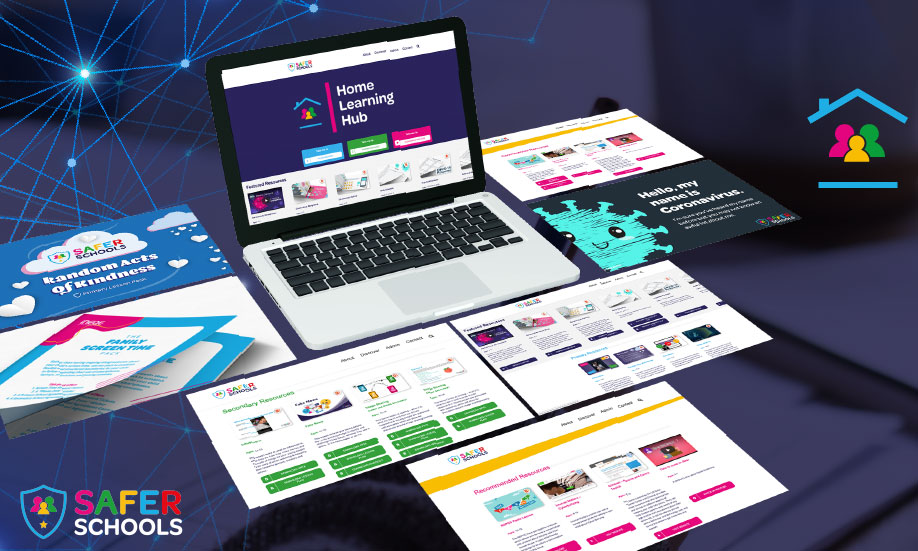Last Updated on 26th September 2023
In the last few years, as the impact of social media influence continues to grow, there has been a growing concern over the link between influencers and eating disorders.
Websites that encourage disordered eating have been around almost as long as the internet has existed. In the 90s, ‘pro-anorexia’ sites (often referred to as ‘pro ana’) could be found online; these were usually forums where people who had eating disorders would share tips, tricks, and post ‘progress’ photos, often encouraging each other to eat less or sharing ideas on how to hide their behaviours in front of others.
On the modern-day internet, these types of posts are no longer hidden away on message boards. Instead, they can be found in plain view on the most popular social media apps and platforms. Between knowing the right hashtags to search for and becoming caught in certain algorithms, a young person could be exposed to this type of content within seconds of opening a social media app.
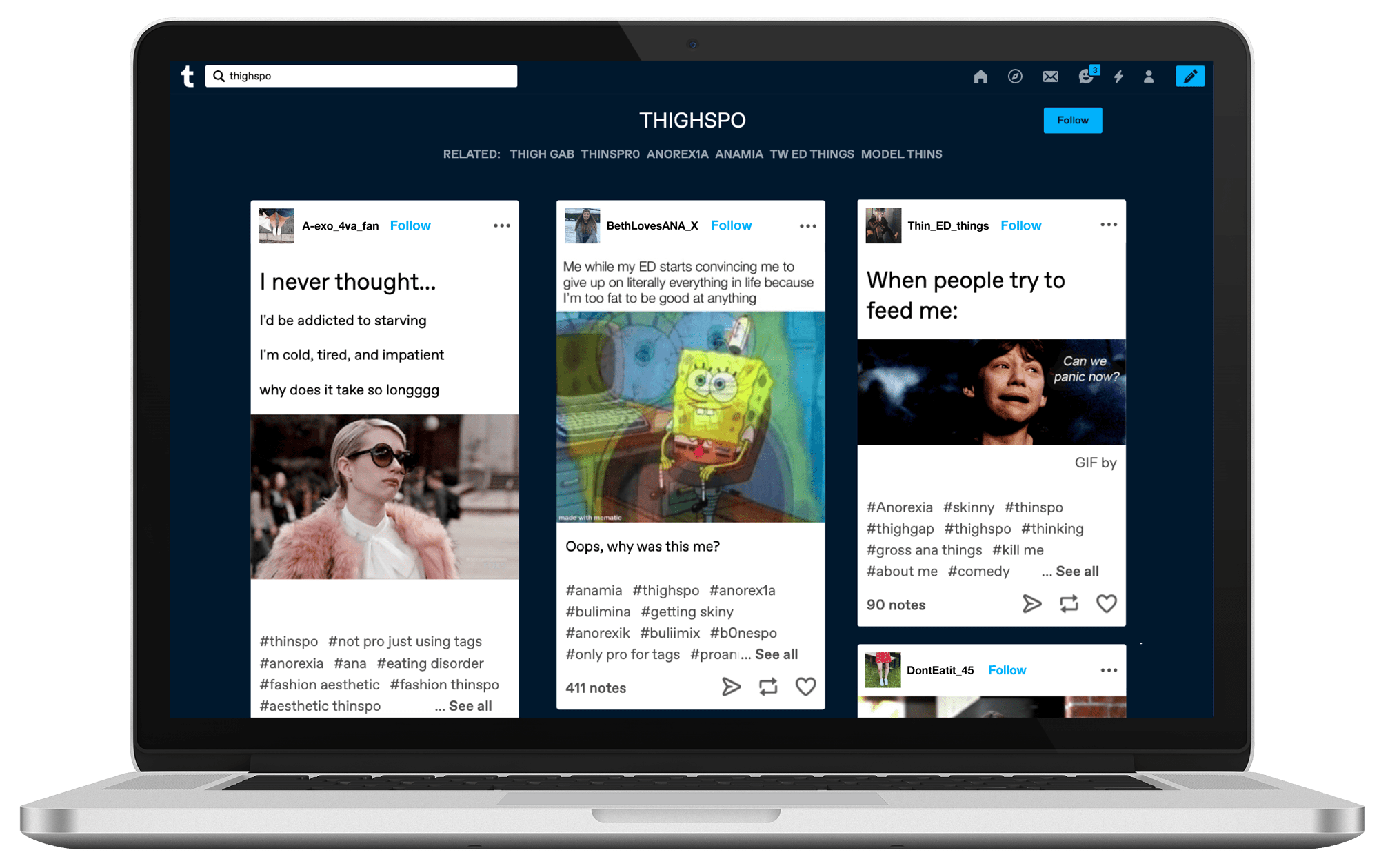
Young People and Eating Disorders
Eating disorders are complex – there’s no one reason why someone might develop an eating disorder. Someone might feel a lack of control in their life that can be countered by controlling their weight or food intake. It could be because of anxiety or low self-esteem. Pressures in society can also be a cause – for example, comparing themselves to others and feeling a need to lose weight which then becomes extreme and develops into an eating disorder.
Any young person can be vulnerable to developing an eating disorder. Alongside common teenager anxieties over appearance, life events such as exam pressures and even the stress and changes brought on by the pandemic could trigger or contribute to the development of an eating disorder.
Remember that online harms have offline roots – while a young person may have developed an eating disorder due to the online content they’re consuming, this isn’t always the case. It is just, if not more, likely that there is another root cause as to why they have developed an eating disorder. They may have then sought out content, intentionally or unintentionally, that encourages or validates their behaviours. Though this may seem contrary or counterproductive, it isn’t unusual behaviour for someone who has an eating disorder. For example, a young person may seek out photos of celebrities or influencers who are thin as motivation. This is referred to as ‘thinspo’ or ‘thinsporation’.
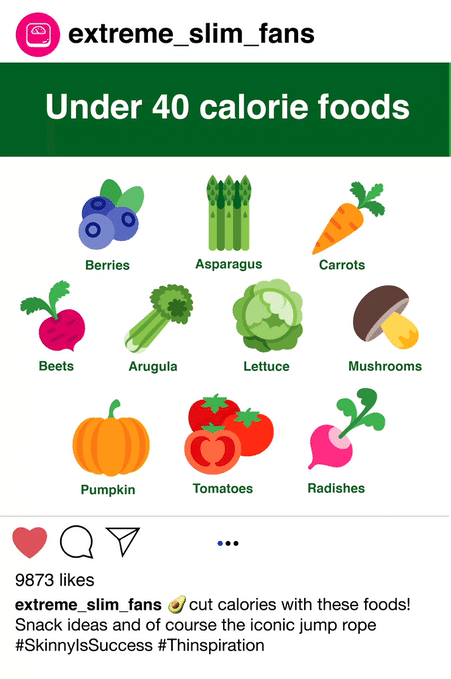
Influencers and Eating Disorders: Is There a Link?
While it would be difficult to find influencers who openly encourage their fans to have an eating disorder, it is in the content itself that the problem lies. Current research suggests there is a link between how often someone uses social media and their likelihood of developing an eating disorder. A perfect example of this is Instagram. The platform has recently faced negative publicity and increased scrutiny due to the suggestion that Instagram use, negatively impacts on the body consciousness of teenage girls.
During the pandemic, many young people turned to apps and platforms to help them stay connected. Unfortunately, but perhaps not surprisingly, the pandemic has had a major impact on young people’s mental health and eating disorders is no exception. One study showed that 55% of those living with an eating disorder reported that increased time spent online due to Covid-19 had worsened their symptoms.
From weight loss products, diet tips, and exercise regimes, social media can be an endless barrage of posts regarding losing weight and ‘improving’ your body.
Increasingly, we are seeing more and more influencers and celebrities take a ‘health and wellness’ angle, with the onus more on weight loss than healthy eating. The Kardashians have advertised appetite suppressant lollies. Cardi B promoted weight loss tea (and got a stern warning from the American Federal Trade Commission about it).
40% of girls aged 11-16 years old say they’ve seen images online that have made them feel insecure or less confident about themselves.
For a young person who is vulnerable, some of the common trends and content posted by social media influencers may be extremely triggering, including:
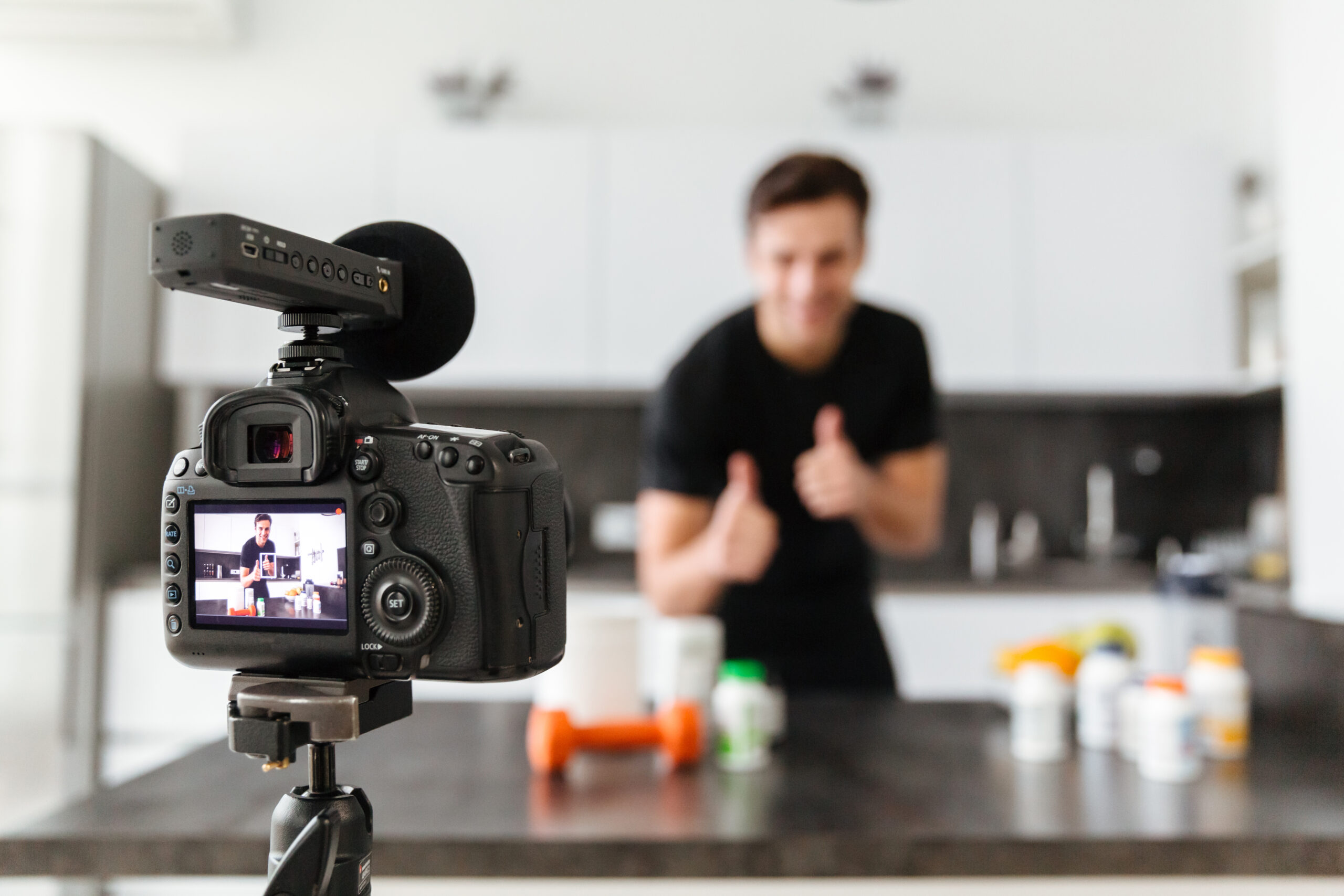
Once a young person starts searching for content associated with eating disorders (weight loss, diet tips, progress photos etc), the way that most social media algorithms work means they are more likely to keep seeing this type of content. This repeated exposure is only likely to reinforce their patterns of behaviour and serve as a constant reminder that they ‘aren’t thin enough’ or are ‘ugly’ or need to ‘work harder’ to achieve their so-called ‘goals’.
Not all influencers are posting harmful content. In fact, there are many influencers who post ‘pro-recovery’ content, encouraging people with eating disorders to seek help and support and sharing their positive experiences of a life recovered from an eating disorder. Some influencers and celebrities specialise in posting body positive content, such as Jameela Jamil, who started an online movement supporting body positivity and campaigns against harmful diet advertising.
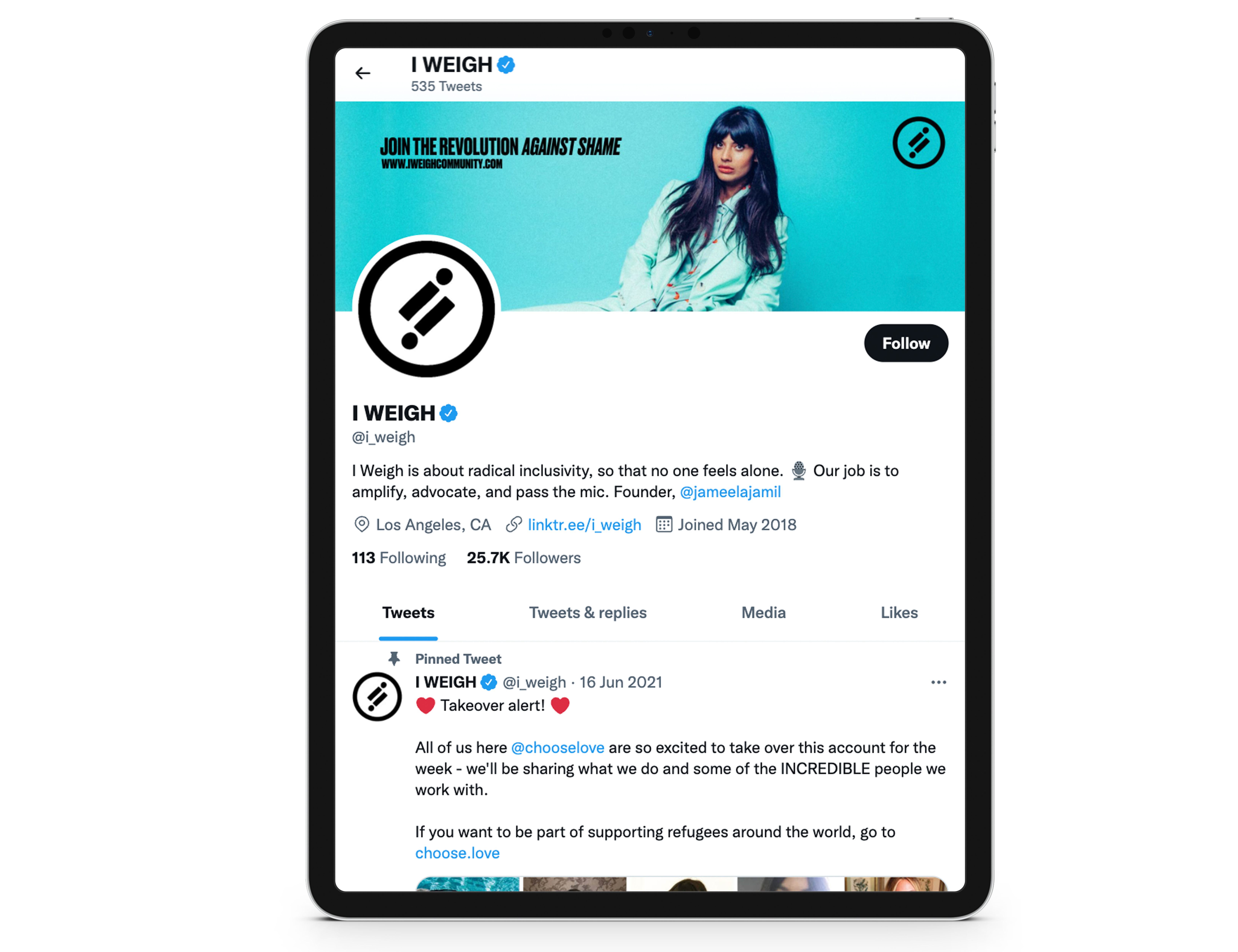
Signs of an Eating Disorder
It isn’t always easy to notice the signs that a young person is developing or developed an eating disorder. It’s not uncommon for someone with an eating disorder to go to great lengths to hide their behaviours and young people often hide elements of their lives from their parents/carers anyway.
It’s important to note that many people with an eating disorder do not have visible and extreme weight loss and that this shouldn’t be relied upon as a sign that a young person is struggling. In fact, there is often a stigma associated with eating disorders that a person isn’t ‘successful’ in their goal to lose weight or ‘sick enough’ if they don’t appear emaciated or weigh a dangerously low amount.
Recognising the signs of problematic relationships with food is central to supporting children and young people during uncertain times.
These may include:
How can you support young people?
You can support young people experiencing an eating disorder by:

Join our Online Safeguarding Hub Newsletter Network
Members of our network receive weekly updates on the trends, risks and threats to children and young people online.


